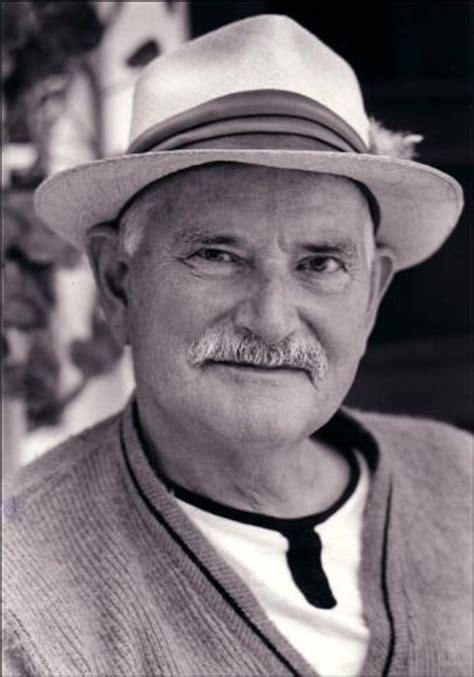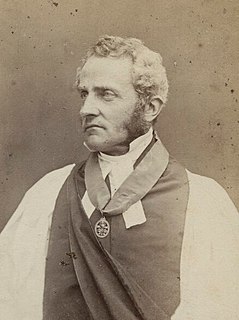A Quote by Salman Rushdie
It may be argued that the past is a country from which we have all emigrated, that its loss is part of our common humanity.
Related Quotes
It is due to justice; due to humanity; due to truth; due to the sympathies of our nature; in fine, to our character as a people, both abroad and at home, that they should be considered, as much as possible, in the light of human beings, and not as mere property. As such, they are acted on by our laws, and have an interest in our laws. They may be considered as making a part, though a degraded part, of the families to which they belong.
I am glad that the country world...retains a power to use our English tongue. It is a part of its sense of reality, of its vocabulary of definite terms, and of its habit of earthly common sense. I find this country writing an excellent corrective of the urban vocabulary of abstractions and of the emotion disguised as thinking which abstractions and humbug have loosed upon the world. May there always be such things as a door, a milk pail, and a loaf of bread, and words to do them honor.
That is a true sentiment which makes us feel that we do not love our country less, but more, because we have laid up in our minds the knowledge of other lands and other institutions and other races, and have had enkindled afresh within us the instinct of a common humanity, and of the universal beneficence of the Creator.
The phrase 'Sense of the Earth' should be understood to mean the passionate concern for our common destiny which draws the thinking part of life ever further onward. The only truly natural and real human unity is the spirit of the Earth. . . .The sense of Earth is the irresistable pressure which will come at the right moment to unite them (humankind) in a common passion.The Age of Nations is past. The task before us now, if we would not perish, is to build the Earth.
... the loss of belief in future states is politically, though certainly not spiritually, the most significant distinction betweenour present period and the centuries before. And this loss is definite. For no matter how religious our world may turn again, or how much authentic faith still exists in it, or how deeply our moral values may be rooted in our religious systems, the fear of hell is no longer among the motives which would prevent or stimulate the actions of a majority.







































